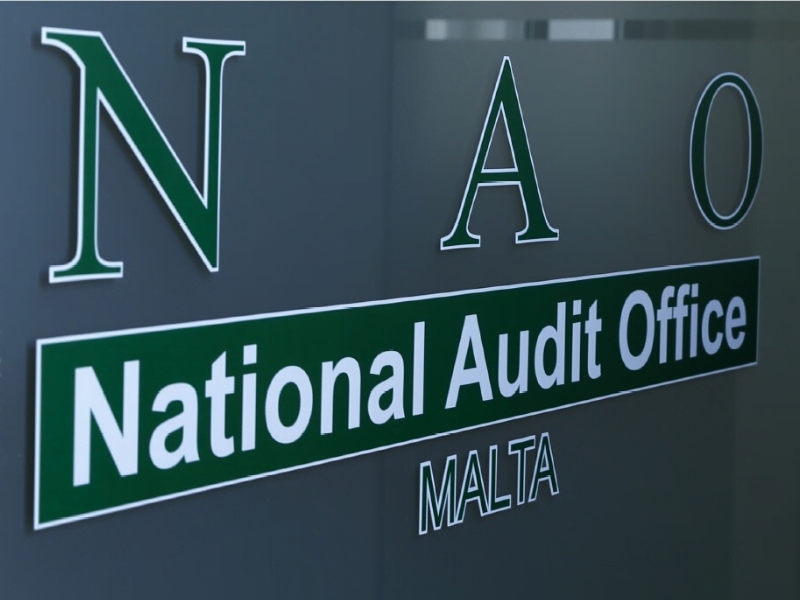A public policy professor has warned of the disproportionate authority wielded by politicians over professionals working in the civil sector, which is then used to override their experience and knowledge.
Edward Warrington pointed out that there was a widespread perception that political officials could not, and should not, be held to the ethos of political neutrality, impartiality, and integrity held by professional officials.
In an article published in the National Audit Office’s annual report, Warrington said the feeling of disproportionate authority was based on “overblown” claims to democratic legitimacy then used to “justify operational instructions that override the expertise and judgment of professional officials”.
He described this reality as an important “fracture line” that separates political officials from professional ones and led to the weakening of the administration and its ethos of impartiality and efficiency.
Warrington also highlighted another flaw in the system – the difference in accountability of public service departments and non-departmental bodies. While public service departments are subject to laws and regulations, non-departmental bodies were created to allow greater latitude to managerial discretion.
“By giving the responsible ministers virtually unfettered discretion to appoint Boards and senior management, Maltese legislation tends to open non-departmental bodies to undue political influence. This is a recurring finding of investigations into major corporate scandals in the public sector,” he said.
He focused specifically on the lack of corporate governance in Malta – “a vital aspect overlooked” by the Public Service Reform Commission in the “hopeful period” of 1990.
“This (shortcoming) is evident in the growing incidence and scale of scandals involving alleged waste of public funds, fraud or corruption in public administration. Governance is also a recurring theme in the reports published by the NAO and other oversight bodies,” he said.
He pointed out that these reports, which identify the part played by failures of corporate governance, show that such failures are a systemic weakness across the entire spectrum of government operations.”
An example is the NAO report on the ITS site deal, which found that Projects Malta, the government’s privatisation arm for which former Tourism Minister Konrad Mizzi was responsible, had issued the tender for the ITS site before getting the necessary authorisation.
Similarly, in the office’s 2018 report on the Electrogas deal, it was highly critical of a number of aspects of the project, including evaluation, due diligence, as well as the “risky” and “unprecedented” State guarantee of €360 million given to Electrogas.
Warrington went on to say that poor corporate governance was more serious than malfeasance as it made public administration vulnerable to error, malpractice or criminal intent.
The net effect of these ruptures within Maltese public administration created pronounced imbalances in the distribution of power, the effectiveness of checks and balances and in the standards of conduct to which different classes of officials and different organisations are held.
This lack of a framework for corporate governance created a system of centralised decision making at the Office of the Prime Minister and the Finance Ministry.
“Excessive centralisation is symptomatic of inadequate corporate governance,” he warned, adding that decentralisation that was not balanced with corporate governance unleashed “corrosive” influence by bias, pique, self interest and incompetence on public administration.
Warrington proposed that one set of principles and standards must be applied across the whole spectrum of State apparatus. While the building blocks for corporate governance frameworks already exist, these are spread and scattered in statutes and regulations.
It was the government’s task to assemble these into a functioning framework, which would resolve endemic failures of performance wasting taxpayers’ money, burden businesses and vulnerable people, distort decision making while ultimately threatening economic viability and social wellbeing.
“A robust corporate governance framework will both empower the staff of each organisation, and inhibit inappropriate behaviour or disclose it,” he said.












